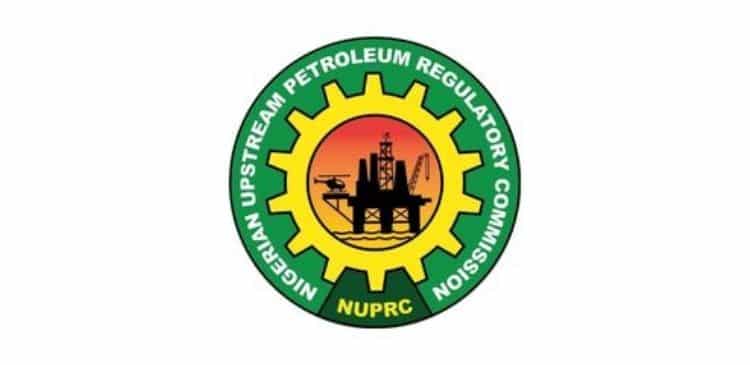The Nigerian Upstream Petroleum Regulatory Commission (NUPRC) has issued new guidelines for the Advanced Cargo Declaration regime, aimed at enhancing transparency, accountability, and efficiency in Nigeria’s crude oil and petroleum exports.
The guidelines, issued under the Nigerian Upstream Petroleum Advance Cargo Declaration Regulation 2024, establish a robust framework for declaring and tracking crude oil and petroleum product exports.
The new regulations apply to all licences and leases granted or preserved under the Petroleum Industry Act (PIA) 2021, covering crude oil, natural gas, natural gas liquids, and petroleum products exported from all terminals and export points in Nigeria.
According to a statement issued by the Commission’s Public affairs Unit on Wednesday, Exporters must obtain an export permit, vessel clearance, and a Unique Identification Number (UIN) through the NUPRC’s online platforms before any shipment.
The Commission says it will validate the identity of exporters and verify export volumes before issuing clearance notifications, which will be embedded with a UIN for tracking.
All relevant export documents, including the Bill of Lading, Certificate of Origin, and cargo manifest, must reference the UIN, ensuring traceability and compliance.
The NUPRC’s Advance Cargo Declaration Portal is a real-time, technology-driven system that integrates seamlessly with other government export systems, allowing for real-time tracking and reconciliation of crude oil exports.
The guidelines empower the NUPRC to refuse vessel clearance applications that are incomplete, inadequately documented, or contain false information.
Exporters found to be in violation may face administrative fines and sanctions.
NUPRC Chief Executive, Engr. Gbenga Komolafe, said that the initiatives align with the Commission’s mandate to maximize government revenues, minimize waste, and ensure optimal regulatory oversight in line with the Petroleum Industry Act.
(Editor: Anoyoyo Ogiagboviogie)








